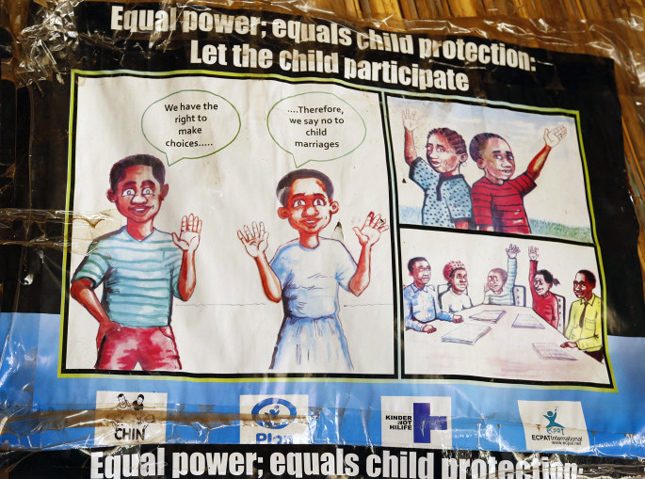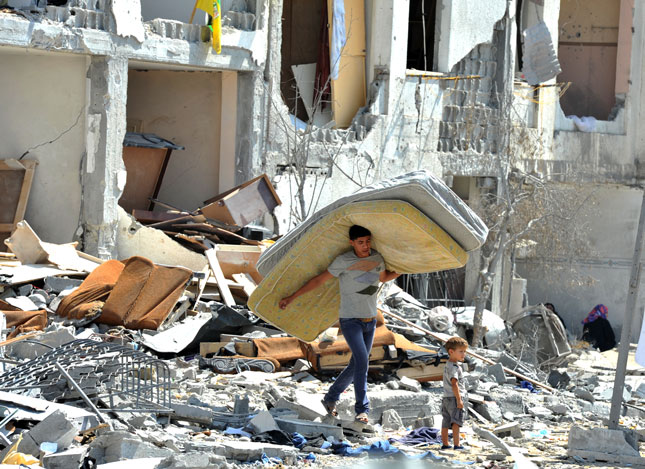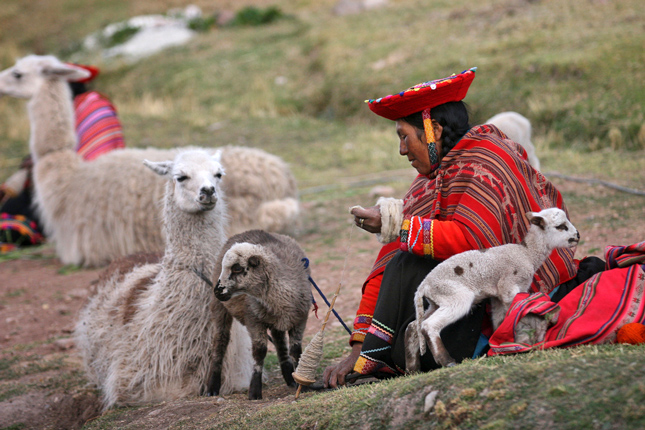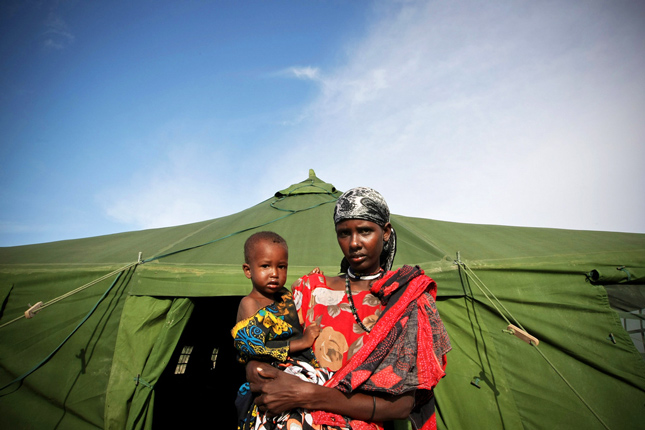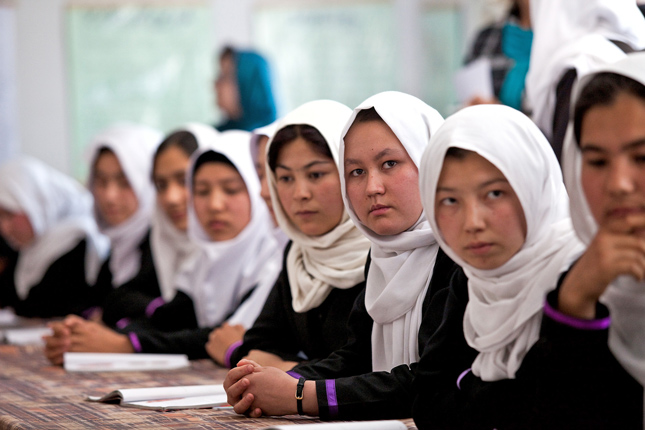-
Paola Adriázola and Stephan Wolters, ECC Platform
Investing in Collaboration to Manage Natural Resource Conflict
›September 25, 2014 // By Wilson Center Staff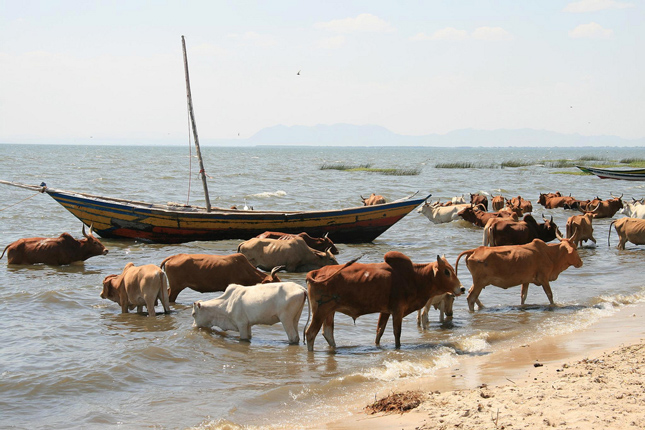
Conflict over environmental resources endangers rural people’s livelihoods and can increase the risk of broader social conflict. Yet joint action to sustain shared resources can also be a powerful means for community building. The Strengthening Aquatic Resource Governance (STARGO) project demonstrated this in three ecoregions: Lake Victoria, with a focus on Uganda; Lake Kariba, with a focus on Zambia; and Tonle Sap Lake in Cambodia. The results of the project were released at an event in Berlin in early July 2014.
-
Global Youth Wellbeing Index Launched
›An estimated 1.8 billion people today are between the ages of 10 and 24 and 85 percent of them live in developing economies and/or fragile states. Such youthful age structures can lead to a number of challenges, including increased potential for instability, and countries with large numbers of young people must find ways to address their unique needs.
-
Underage: Addressing Reproductive Health and HIV Needs in Married Adolescent Girls
›
In July, thousands of people attended the 20th International AIDS Conference and the 2014 Girls Summit to work towards an AIDS-free generation and ending child and forced marriage. But such attention is rare; by and large, these girls are invisible to development efforts. [Video Below]
-
Accelerating a Cycle of Violence: Tallying the Damage to Gaza’s Youth
›August 25, 2014 // By Sarah Meyerhoff
Amid stop-and-start ceasefires, the tally of death and destruction from the recent conflict in the Gaza Strip has begun. Whatever the final losses incurred – casualties and damage are considerable with estimates varying significantly depending on the source – Gaza’s youngest residents are likely to be most profoundly affected.
-
Jacob Glass, PassBlue
New Investment Law in Peru Undermines Rights of Indigenous Women
›August 22, 2014 // By Wilson Center Staff
A new law in Peru encouraging investment in the country’s extractive industries has reignited debate on the lack of power indigenous women have in the mostly rural societies where they often live. The International Indigenous Women’s Forum, which drew more than 60 native women from across the world to Peru last month, highlighted this important issue.
-
Somali Refugees Show How Conflict, Gender, Environmental Scarcity Become Entwined
›
Under international law, someone who flees their country because of conflict or persecution is a refugee, but someone who flees because of inability to meet their basic household needs is not. In the case of Somalia, it is increasingly difficult to make any meaningful distinction between the two.
-
Securing Rights or Results? A False Choice in Integrating Youth Into Sustainable Development
›
“The greatest challenge we have today is that we have a world that is pushing back on rights,” said Dr. Babatunde Osotimehin, executive director of the United Nations Population Fund (UNFPA), at the Wilson Center. [Video Below]
-
New Research Explores Causality of Climate-Related Conflict, Effectiveness of Migration
› Migration is an “extreme” form of climate adaptation, but it does pay off for some, write Md. Monirul Islam et al. in a new article in the journal Climatic Change. In a study analyzing two Bangladeshi fishing communities, one long-established, the other the result of migration, the authors examine the effects of climate-induced migration on livelihood vulnerability.
Migration is an “extreme” form of climate adaptation, but it does pay off for some, write Md. Monirul Islam et al. in a new article in the journal Climatic Change. In a study analyzing two Bangladeshi fishing communities, one long-established, the other the result of migration, the authors examine the effects of climate-induced migration on livelihood vulnerability.
Showing posts from category livelihoods.


